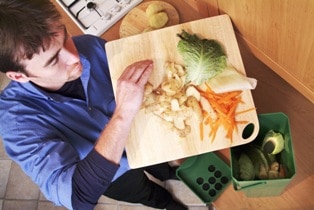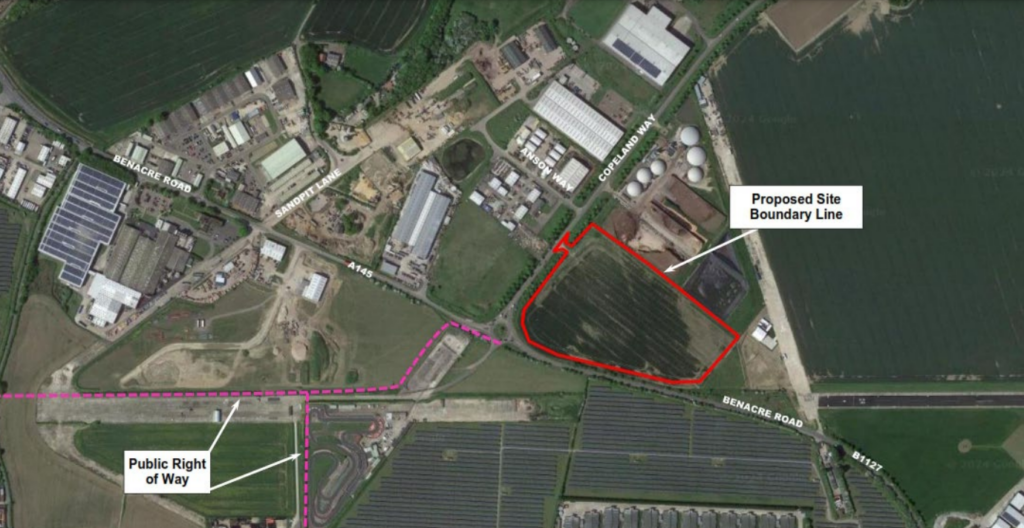WRAP the Waste & Resources Action Programme said that the tonnage was food that could have been eaten and represented a reduction of 21% of the total.

It explained that the reduction had come about through work by major retailers, food brands and other manufacturers, adding: They have made it easier for people to buy the right amounts of food and drink, keep what they buy at its best and use what they buy through innovations in products, packaging and labelling.
The figures come less than 24 hours after resources minister Dan Rogerson revealed that he has pulled the plug on work by Defra and the Department for Energy and Climate Change to promote anaerobic digestion as a process to deal with food waste.
According to the WRAP study, the 1.1 million tonne reduction in avoidable food and drink waste was concentrated in five categories, each with reductions of more than 100,000 tonnes: home-made and pre-prepared meals, bakery, drink, fresh fruit and dairy and eggs. For other categories, there were either smaller reductions (such as in fresh vegetables and salad) or very little change (such as for meat and fish).
Reductions
And, WRAP is now targeting further reductions, estimating that a further 1.7 million tonnes of avoidable household food waste could be cut from the waste stream by 2025.
‘Although progress has been made in reducing food waste we cannot be complacent; we must all act to eradicate this smear on our lifestyles. I see tackling food waste as a key priority for my Department.’
Mark Durkan, environment minister, Northern Ireland
It notes: The top three foods that Britons are throwing away uneaten include every day essentials: bread, potatoes and milk. The equivalent of a staggering 24 million slices of bread, 5.8 million potatoes and 5.9 million glasses of milk are wasted daily. Chicken also made the top ten with the equivalent of 86 million chickens thrown away each year, despite being the nations favourite meat. Sweet treats like cake make the list too.
The strongest political comment in response to the report came from Northern Irelands environment minister, Mark Durkan, who highlighted his departments strategy which proposes to restrict food waste being sent to landfill.
Response
Mr Durkan said: In the 21st century it is disgraceful that we are wasting so much food, as well as the related energy and water resources associated with food production. This wastage is even more unacceptable when we consider citizens suffering from poverty and at risk of malnutrition in our society and the millions going hungry across the globe.
Although progress has been made in reducing food waste we cannot be complacent; we must all act to eradicate this smear on our lifestyles. I see tackling food waste as a key priority for my Department. The recently published Waste Management Strategy will provide a range of measures to reduce food waste, from the proposed introduction of food waste restrictions for landfill through to actions within the Waste Prevention Programme.
Related Links
The encouraging message is that we can all play our part right now – by making food waste socially unacceptable and by starting to take steps to reduce food waste through simple actions such as using a shopping list to buy only what you need, better planning of meals, correct storage of food and preparing and cooking the right portion sizes.
Scottish Environment Secretary Richard Lochhead said: As well as our work with retailers and major brands, last years Scotland-wide food waste prevention campaign combined awareness raising with practical tips on how to reduce waste at home. The Scottish Government has invested 20 million to help local authorities roll-out food waste collections to households across the country, resulting in over one million households in Scotland now having a service to collect and recycle their food waste.











Subscribe for free